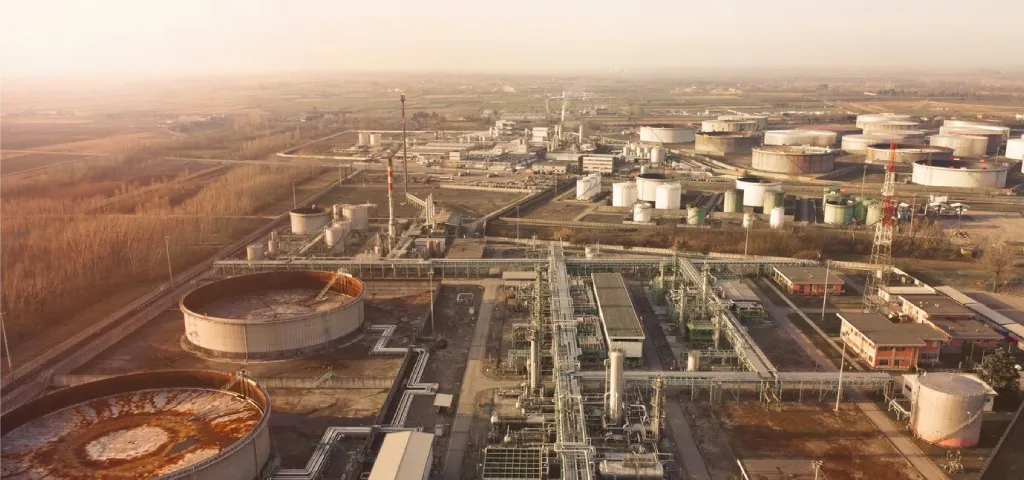In a rapidly evolving global energy landscape, the traditional domains of oil and gas companies are expanding as they embrace the challenges and opportunities presented by renewable energy sources. The shift towards sustainable practices is no longer just a trend but a strategic imperative. In this blog post, we’ll explore how oil and gas companies are navigating the renewable integration frontier, forging a path towards a more sustainable and diversified energy future.
The Changing Energy Landscape
Diversification Strategies
Oil and gas companies are diversifying their portfolios by investing in renewable energy projects. Solar, wind, and bioenergy projects are gaining traction as companies recognize the need to reduce their carbon footprint and contribute to global efforts to combat climate change. By integrating renewables into their operations, these companies are not only addressing environmental concerns but also future-proofing their businesses in a world where sustainability is becoming a key driver of economic success.
Technological Innovation
Operational Efficiencies
Corporate Social Responsibility
As public awareness and concern for environmental issues grow, oil and gas companies are recognizing the importance of corporate social responsibility (CSR). Investing in renewable energy aligns with the values of a more environmentally conscious consumer base and allows companies to demonstrate their commitment to sustainable practices. This shift can enhance the corporate image, attract socially responsible investors, and create a positive impact on local communities.
Regulatory Compliance and Risk Mitigation
Case Studies: Industry Pioneers
Several oil and gas companies are already leading the charge in renewable integration. Shell, for instance, has committed to becoming a net-zero emissions energy business by 2050. The company is investing in wind and solar projects, electric vehicle charging infrastructure, and biofuels. Similarly, TotalEnergies is diversifying into renewable energy with a focus on solar, wind, and bioenergy, aiming to achieve net-zero carbon emissions from its worldwide operations by 2050.
Challenges and Future Outloo
While the shift towards renewable integration is promising, it comes with its own set of challenges. The intermittent nature of renewable energy sources, the need for significant capital investments, and the complexity of integrating diverse technologies are among the hurdles that oil and gas companies must navigate. However, overcoming these challenges is crucial for securing a sustainable future and maintaining a competitive edge in the evolving energy landscape.






